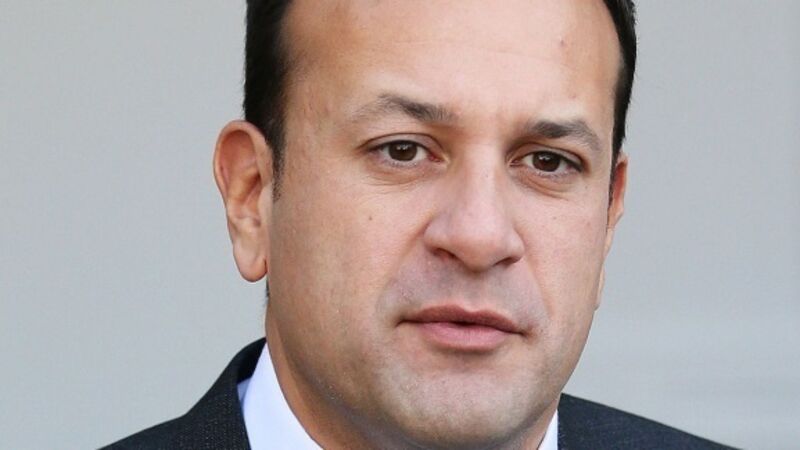State may rein in 2018 spend to stave off another bubble

Leo Varadkar has admitted that if the economy continues to grow at the current rate, he would have to consider not spending all the resources available in a bid to stave off another bubble.
His comments mark a significant point for the country, having come out of an EU-IMF bailout and recession.













